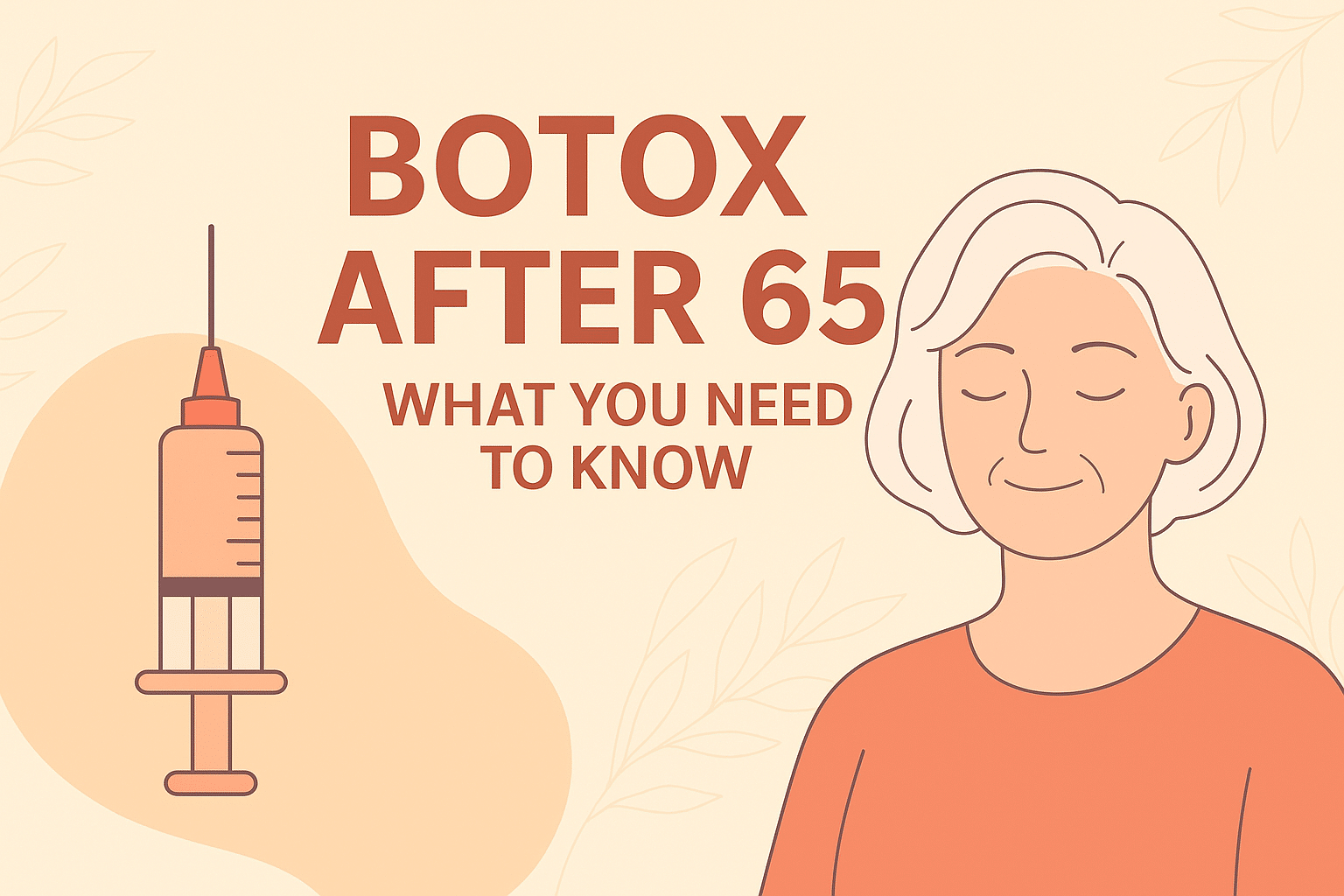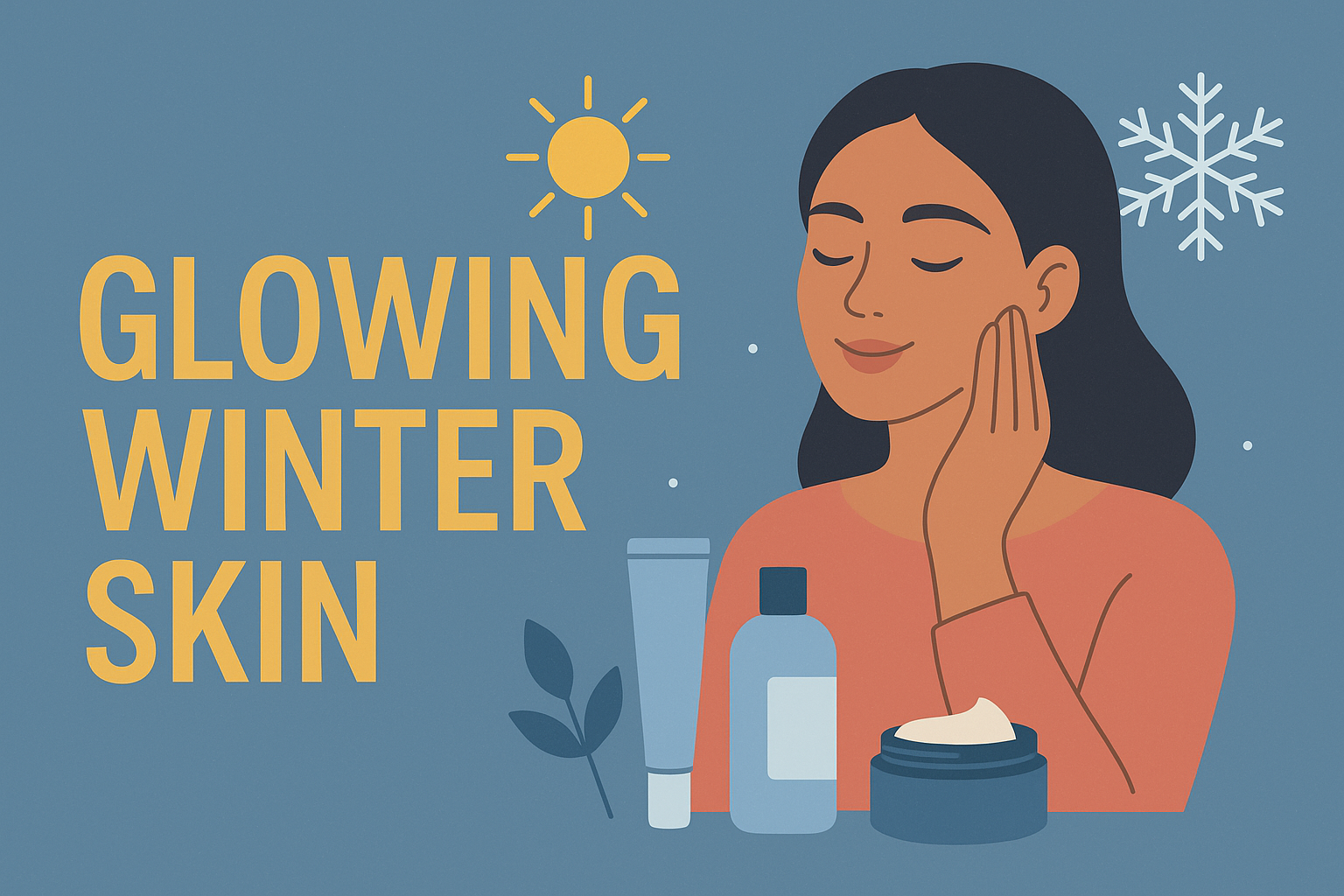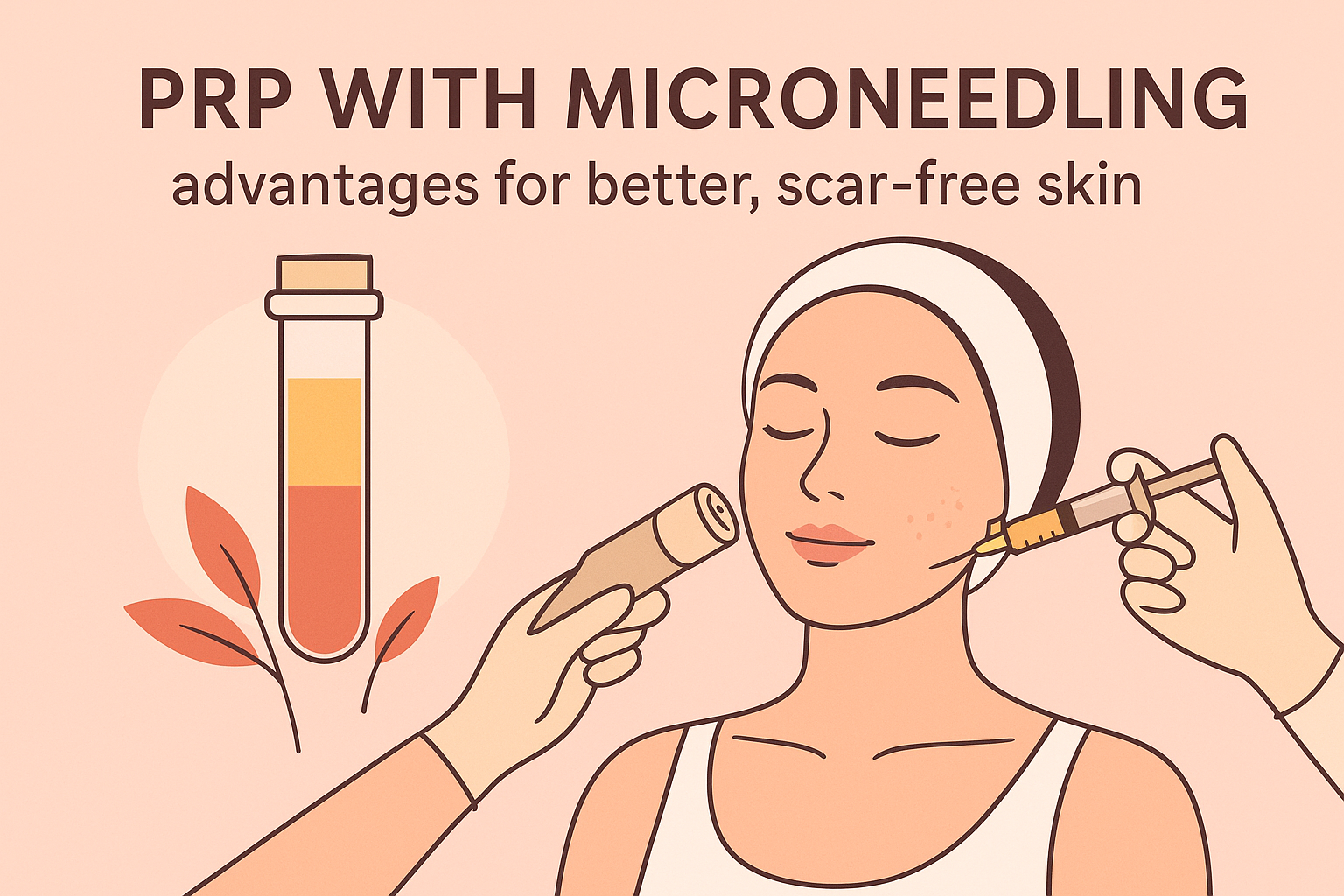When it comes to achieving smooth, youthful skin, many patients ask whether vitamins or supplements can help make their Botox last longer — or even improve overall skin health between treatments.
While no pill can replace expert injectables or a solid skincare routine, research suggests that certain nutrients — especially zinc — may enhance Botox’s effectiveness and even extend its visible results. At Dr. SNA Clinic, we often explore how nutrition and aesthetics can work hand in hand for healthier, longer-lasting results.
Can Zinc Make Botox Work Better?
While Botox itself can’t be made permanent, several studies have hinted that zinc supplementation may enhance its effects and improve the longevity of results.
One small but noteworthy study found that patients who took about 50 mg of zinc daily for a few days before their Botox treatment saw their results last up to 30% longer compared to those who didn’t supplement.
So how does it work?
Botulinum toxin, the active ingredient in Botox, relies on zinc as a cofactor to function effectively. Without enough zinc in your body, the toxin may not bind as efficiently to nerve endings — which could make the results less pronounced or fade sooner.
For individuals with low or borderline zinc levels, restoring adequate zinc intake before treatment may help their injections perform closer to their full potential.
If you’re preparing for a Botox session, consider checking your zinc intake. Foods such as pumpkin seeds, cashews, chickpeas, shellfish, and eggs are rich in zinc. If your diet is low in these, your doctor might suggest a short-term zinc supplement to support your results.
Other Ways to Prolong Botox Results
Beyond vitamins, everyday skincare and lifestyle habits play a big role in maintaining your smooth, refreshed look.
Here are some simple, evidence-based tips to help prolong your Botox results:
✅ Avoid rubbing or massaging the treated area for at least 24 hours after injections — this prevents the toxin from spreading or diffusing unevenly.
✅ Follow your post-treatment instructions carefully. Your injector’s aftercare guidance is crucial to ensure optimal results.
✅ Protect your skin from the sun. Daily SPF is non-negotiable — UV exposure can accelerate collagen breakdown and make wrinkles reappear faster.
✅ Stay hydrated. Well-hydrated skin supports elasticity and helps maintain a healthy glow.
✅ Eat a diet rich in antioxidants, such as vitamins C and E, to fight oxidative stress that can weaken skin structure.
✅ Maintain a consistent skincare routine — including gentle cleansing, barrier repair, and professional treatments as recommended.
The Takeaway
While Botox delivers impressive results on its own, nutrition and lifestyle can subtly influence how well and how long those results last. Zinc appears to play a meaningful role in helping the treatment perform at its best — especially for those who might be slightly deficient.
Combining healthy eating, smart supplementation, and good skincare practices creates the perfect foundation for beautiful, long-lasting results.
At Dr. SNA Clinic
We believe true beauty comes from balance — combining medical-grade aesthetic treatments with internal wellness support.
Our experts can help you assess whether factors like nutrition, hydration, or vitamin levels might be affecting your skin or treatment outcomes. From Botox and skin boosters to vitamin infusions and nutritional support, we create personalized treatment plans designed for radiant, long-term results.
Book a consultation today to learn how you can nourish your skin from within — and get the most out of your Botox results.
Frequently Asked Questions (FAQs)
1. Can vitamins or supplements make Botox last longer?
Not directly — but certain nutrients like zinc may help Botox work more effectively. Since botulinum toxin depends on zinc to function properly, people who are low in zinc might not get the full benefit of their injections. A short course of zinc before treatment may slightly extend results by up to 30% in some cases.
2. How much zinc should I take before Botox?
A small study found that taking around 50 mg of zinc daily for 3–4 days before Botox may help enhance results. However, it’s important to check with your doctor before supplementing, as excessive zinc intake can cause nausea or mineral imbalance.
3. Which foods are high in zinc?
To naturally increase zinc levels, include foods such as:
- Oysters and shellfish
- Pumpkin seeds and cashews
- Chickpeas and lentils
- Eggs and lean meats
These nutrient-rich options support both skin health and Botox longevity.
4. How long should Botox results last?
Botox typically lasts 3 to 4 months, depending on factors such as muscle activity, metabolism, and lifestyle. Maintaining a healthy diet, good hydration, and sun protection can help preserve results
5. What other vitamins support healthy, youthful skin?
For overall skin health and hydration, focus on:
- Vitamin C: Boosts collagen and brightens skin
- Vitamin E: Protects from oxidative stress and soothes dryness
- Vitamin A (Retinoids): Aids cell renewal and smooth texture
- Omega-3 Fatty Acids: Reduce inflammation and strengthen the skin barrier
6. Can vitamin deficiencies affect Botox results?
Yes. Low levels of vitamins D, A, B, or minerals like zinc and iron can impact skin quality and healing, which may indirectly affect how your skin responds to Botox or other injectables. Ensuring balanced nutrition helps support smoother, more resilient skin.
7. How can I make my Botox last longer naturally?
To extend your results:
- Avoid intense workouts and heat exposure for 24–48 hours after treatment
- Don’t rub or massage the injected area
- Use daily sunscreen
- Stay hydrated and eat antioxidant-rich foods
- Follow all post-treatment care guidelines provided by your injector
8. Should I take supplements before or after Botox?
If your diet lacks zinc or other essential nutrients, a supplement taken before treatment (as advised by your doctor) may help optimize your results. Always discuss any supplements with your healthcare provider to ensure they’re safe for you.








